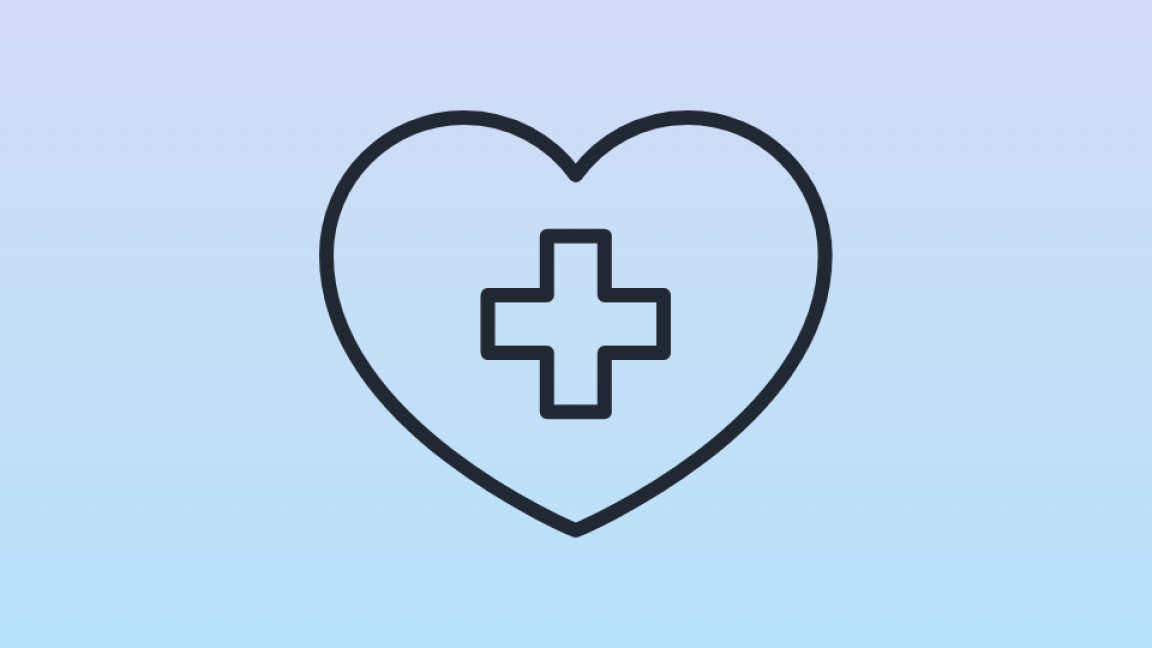Strengthening health systems, improving access to medical care and preventing disease – these are the areas where we provide support.
To this end, we
- Train health care staff
- Develop health care structures
- Expand health services for girls and women
- Promote effective treatment methods
- Advise governments on key strategic policy decisions
Our activities are focused on particularly vulnerable groups. We take a holistic systems approach to our work, based on the principles of effectiveness, cost-effectiveness and sustainability.
